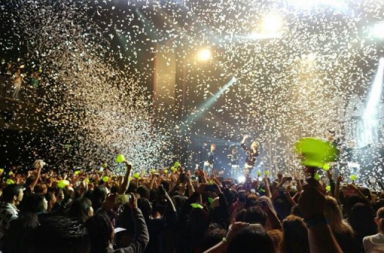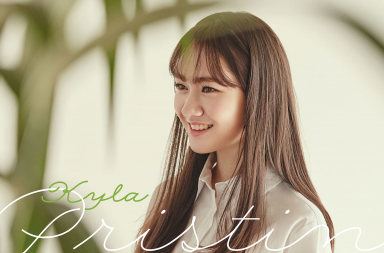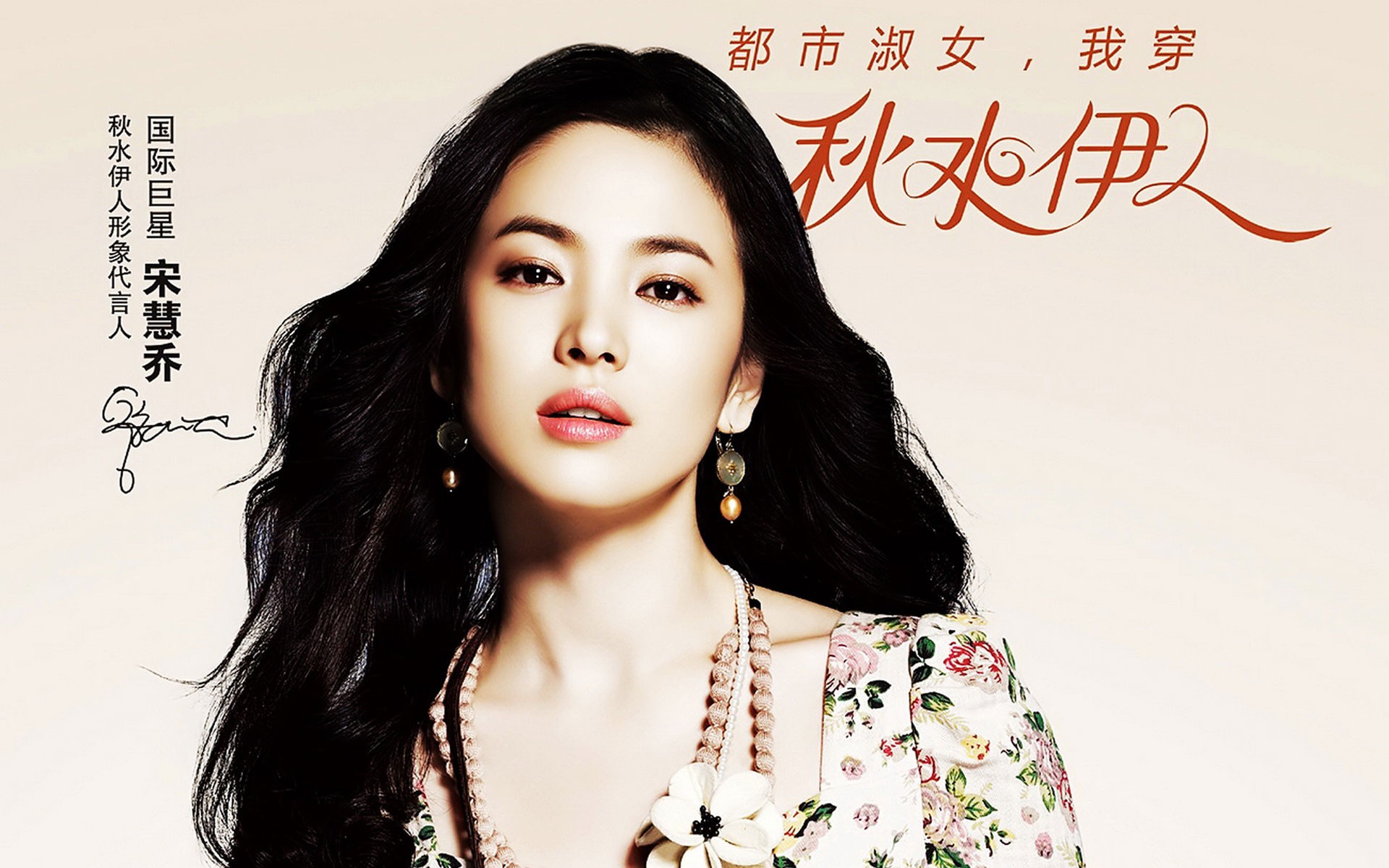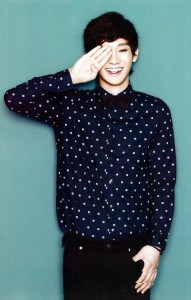 Korean fetishism is no stranger within the candy coloured lands of the K-pop fandom. It exists in many shapes and forms, but nonetheless succeeds in irking many of us — whether it be in the form of someone blurting out random irrelevant Korean words during your conversations, or even the unintentional act of racism by saying “I prefer only Koreans, I’m gonna marry a Korean.”
Korean fetishism is no stranger within the candy coloured lands of the K-pop fandom. It exists in many shapes and forms, but nonetheless succeeds in irking many of us — whether it be in the form of someone blurting out random irrelevant Korean words during your conversations, or even the unintentional act of racism by saying “I prefer only Koreans, I’m gonna marry a Korean.”
It is largely agreed upon, that these narratives come from a minority of immature and young K-pop fans. Their first experience of K-pop usually starts out as a browse through the internet, slowly consumes their hours and gives way to a slight obsession — no harm meant by it. Most of the time these fans don’t know they are treating an entire culture as an accessory — a topic that has been discussed on Seoulbeats many times before.
However, no one really ever stops to think about why a young person may feel this way, and what the thought process is behind wanting to be so… well… Korean, and so much so that they could feel so inadequate, to the point where they want to deny their heritage.
A quick search on Yahoo answers opened my eyes to the rows upon rows of questions asking “What can I do to look Korean?”, “Do I look Korean?”, I’m *insert ethnicity here*… Will Koreans accept me?”. Expanding the info bar led to more astonishment; “I wanna be skinny and have long legs like K-pop idols” , “I am tan and not white… I think I’m a little too dark to be Korean, I can’t find anyway to look Korean. I need a Korean to help me. HELLLPPP!”
When I first saw this — I was reminded of a story my friend once told me. My friend is of Pakistani descent, and her younger sister who only just turned five, looked in the mirror one day and said “I’m too brown… I want to be fairer like you baji (big sister)”. My friend was stunned in to silence, as was I, upon hearing this.
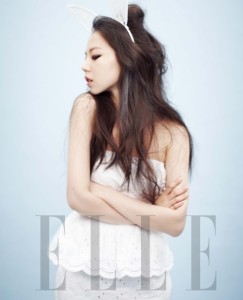 However, it’s not like our childhoods weren’t plagued with the same sentiments. We attributed it to the countless skinny, fair, and tall women that dominated the TV in our homes. Being fed a specific image of “perfection,” caused insecurities in my friend, me and countless other girls I have come across in my life. It is no coincidence that during these sensitive ages, girls and boys experience a myriad of problems directly linked to how they look. In our minds, what we see on TV, is what goes. Everything else isn’t of much worth.
However, it’s not like our childhoods weren’t plagued with the same sentiments. We attributed it to the countless skinny, fair, and tall women that dominated the TV in our homes. Being fed a specific image of “perfection,” caused insecurities in my friend, me and countless other girls I have come across in my life. It is no coincidence that during these sensitive ages, girls and boys experience a myriad of problems directly linked to how they look. In our minds, what we see on TV, is what goes. Everything else isn’t of much worth.
The comments made by young K-pop fans on anonymous forums, made me experience an unpleasant kind of nostalgia. In those posts, I saw an insecure teen (one that I used to be), failing to come to terms with themselves. Only this time, substitute MTV and celebrity magazines for YouTube videos and Tumblr scans.
When you first enter K-pop, you are bombarded with images of perfect looking, near angel like beings that seem to do no wrong. It’s almost trance-like how you unconsciously start imitating their gestures and speech – whether it’s speaking Korean, practicing 90 degree bows, or putting on lighter foundation and wearing the same clothes.
Growing up, my insecurity showed itself in my distaste for traditional Pakistani clothes, reluctance to speak Urdu outside my house, and hiding my iPod from friends because I had entire albums of Nusrat Fateh Ali Khan on there. Only when I found that there was a huge appreciation of my culture amongst non-Pakistani/Indians did I start to come out of my shell. Instead of the foreign immigrant who couldn’t speak English properly – I was suddenly bilingual. My clothes were still seen as different, but now they were beautiful and exotic.
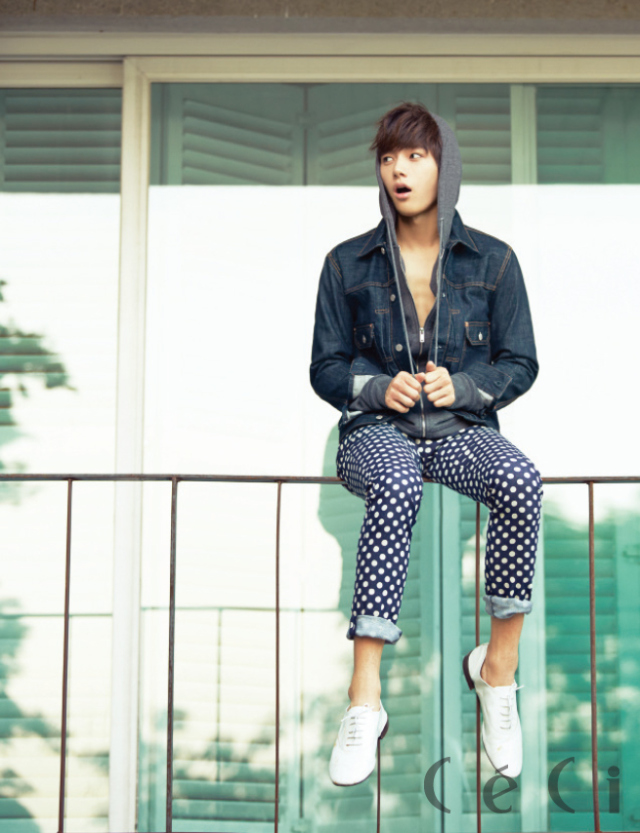 As a fan matures, so does the way that they deal with their insecurities. As an international fan – I was a minority. But as time has progressed, so has K-pop’s view of international fans. We matter – because of our otherness. And frankly, I enjoy my otherness.
As a fan matures, so does the way that they deal with their insecurities. As an international fan – I was a minority. But as time has progressed, so has K-pop’s view of international fans. We matter – because of our otherness. And frankly, I enjoy my otherness.
You can see that Korean entertainment companies and idols alike are taking the international fandom more seriously — world tours and shows/channels catering specifically to the international K-pop fandom make a small part of a bigger ripple effect created by the Hallyu Wave.
A ripple effect that wouldn’t have been there if it wasn’t for international pressure for K-pop to expand. The “I-have-to-go-to-Korea-to-see-my-oppa/unni” narrative has become outdated, and the “I-have-to-look-Korean-for-oppa/unni-to-like-me” branch will soon follow. It is only a matter of time before insecure fans take heed of this.
(Yahoo Answers, Slate, Images via CeCi , Elle)
